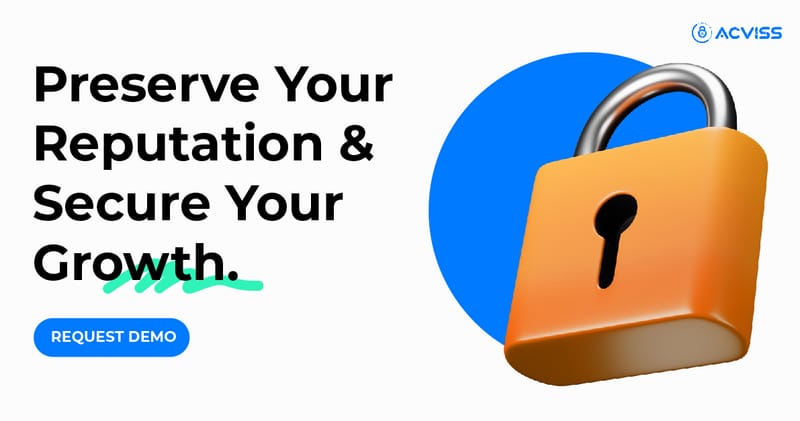Smart Product Tracking Strategies for the Modern Business in 2024
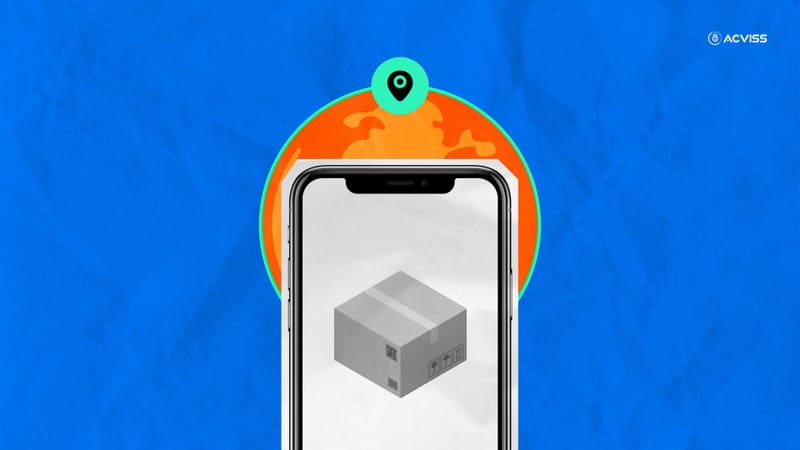
As a modern-day business owner, have you realised how crucial it has become to track your products? A survey reports that about 90% of consumers look forward to tracking their delivery orders.
However, with the supply chains becoming more elongated and complex, tracking products efficiently has become challenging for businesses. From the raw materials being procured to the final product being shipped to the retail stores and end consumers, supply chains encompass multiple stages and involve various stakeholders.
Ensuring product authentication, safety, and timely delivery now requires companies to leverage innovative goods tracking ways. Thanks to the evolution of technology, organisations can now deploy several advanced supply chain track and trace solutions that facilitate real-time visibility of products and their location, leading to higher efficiency and enhanced customer satisfaction.
In this article, you can explore innovative technological ways that are reshaping product tracking.
But before learning how to improve product traceability, let’s understand what product tracking means and why it’s important.
What’s Meant by Product Tracking?
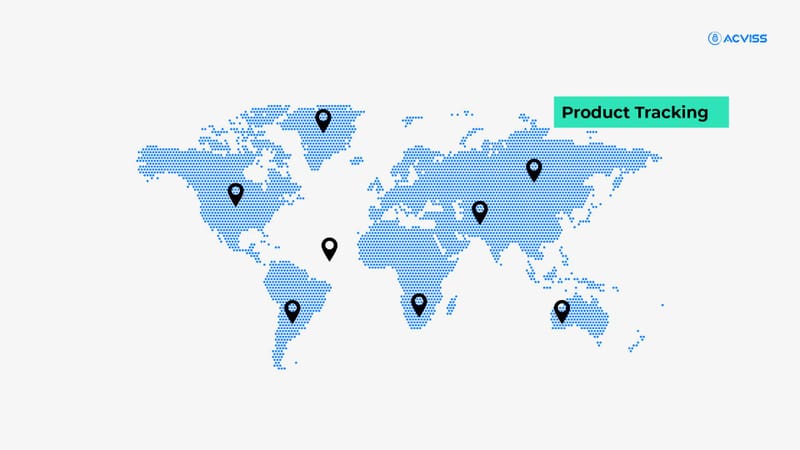
Product tracking is an important element of supply chain management that involves continuously monitoring the product’s journey from the manufacturer to the final customer. Tracking your goods enables brands to access real-time data on their location, condition and status at every stage of the supply chain. The ultimate goal of product tracking is to ensure transparency, detect any potential bottlenecks and maintain the integrity of the goods.
Importance of Product Tracking
Product tracking is crucial for various reasons. It enhances supply chain visibility, ensuring your goods move smoothly through every stage of the supply chain. This further helps prevent delays, lost products, and theft, ultimately optimising logistics and reducing operational costs.
Moreover, accurate producttracking comes across as an effective anti-counterfeitingsolution, helping maintain your goods' authenticity and safety, particularly in industries like food and pharmaceuticals where counterfeiting or tampering could lead to health risks or legal issues. Businesses can easily comply with regulatory requirements by continuously monitoring their products’ quality and standards.
Other than this, with real-time product tracking, firms can also improve customer satisfaction and ensure brand protection and integrity by providing transparency and updates on product delivery status.
Innovations in Product Tracking
Over the years, several innovative technologies have emerged, transforming how products are tracked across the supply chain. The following are some of the most notable innovations in product tracking solutions:
- Blockchain Technology
Blockchain has made waves in supply chain track and trace solutions thanks to its decentralised and secure way of storing and sharing data. Using blockchain technology, you can create an immutable and transparent record of each transaction, movement, or event a product undergoes in a supply chain. Hence, blockchain-integrated product traceability solutions ensure that all parties in the supply chain have access to a tamper-proof and verified record of the product's journey.
Deploying such technology can be relatively more beneficial for industries like food and medicine, where fraud and counterfeiting are common. But how can blockchain help? It can help tackle counterfeiting and ensure product authentication by tracing a product’s origin.
- Cloud-Based Solutions
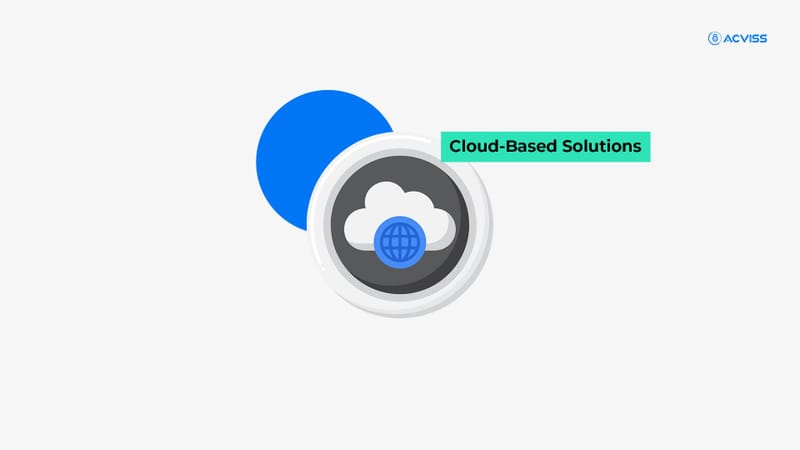
Cloud-based platforms provide scalable, flexible product tracking solutions. Using cloud-based solutions, you can flexibly manage data and processes, allowing firms to access product-related information in real time from anywhere in the world. It’s especially useful for supply chain traceability solutions, which need real-time visibility and transparency.
Moreover, installing cloud-based systems means you no longer have to invest in complex IT infrastructures. Aside from this, these solutions offer the benefits of improved security and reduced complexity.
- Artificial Intelligence and Machine Learning
Artificial Intelligence (AI) and Machine Learning (ML) are revolutionising product tracking by improving predictive analytics and decision-making. Using these technologies, you can analyse large amounts of product-related data, providing useful insights into supply chain operations.
You can identify patterns and potential risks that might disrupt the products’ movement in the supply chain. For example, AI can predict delays in the shipment of your goods based on weather forecasts, traffic data, or other factors, allowing you to mitigate disruptions proactively.
Now, let’s see how machine learning can help. You can use ML algorithms to optimise routes, forecast demand, and enhance inventory management, ensuring your goods reach their destination on time and without any damage.
Must Read: Top 5 Technologies to Protect Your Brand from Counterfeiters in 2024
- RFID and NFC Tags
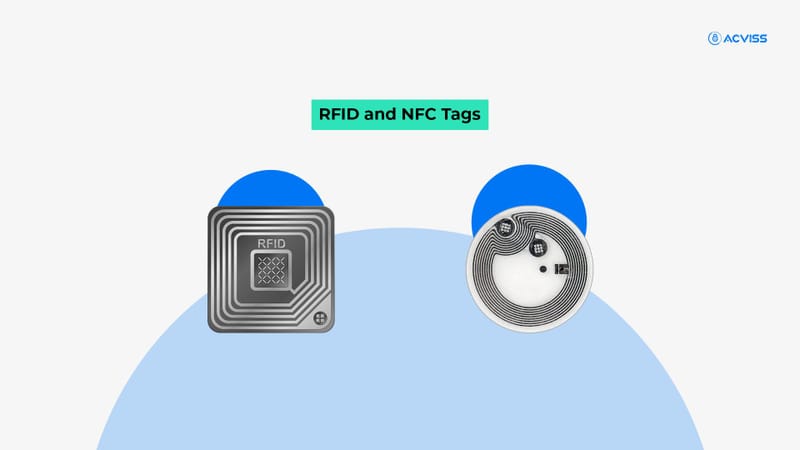
You might already be familiar with how radio frequency identification (RFID) tags work to track your goods. These tags store product-related information that’s read by RFID scanners, allowing for automatic identification and tracking of products’ condition, details, and location. Usually, these tags are used to manage inventory in large warehouses due to their ability to track thousands of items simultaneously.
In addition to RFID, you can now witness the increased application of near-field communication (NFC) tags. NFC tags work similarly to RFID tags but are compatible for shorter distances. Therefore, if your goods need to be shipped at a shorter distance, you can use NFC tags to track them. Moreover, these tags provide easy access to product details with a simple tap of their smartphone.
- Internet of Things (IoT) Sensors
The Internet of Things (IoT) involves embedding physical devices with sensors and software, allowing them to collect and share data. Many companies, these days, are deploying IoT sensors in supply chains to monitor products throughout their journey. Even 50% of large global firms are predicted to use IoT in supply chain and logistics operations by the next year.
So, how do IoT sensors work as a supply chain track and trace solution? These sensors can be used to keep an eye on your goods in real-time, tracking various parameters such as temperature, humidity, location, and other variables. You can further use this valuable data to optimise your supply chain operations.
For example, IoT-enabled smart containers can alert you if your shipment of perishable goods exceeds a specific temperature limit, allowing you to take corrective action before they get spoiled.
- QR Codes and Hologram Labels
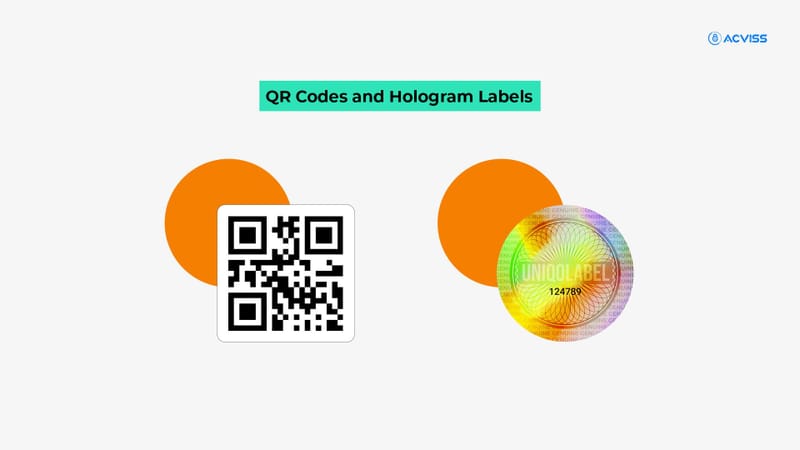
QR codes and hologram labels are the other innovative ways many enterprises are leveraging to track and verify their products.
QR codes, abbreviated for Quick Response codes, are two-dimensional barcodes that can store product details in a machine-readable format. The reason why they are gaining popularity for product traceability is their ability to hold significant amounts of data and straightforward scanning via smartphones.
Hologram labels, on the other hand, add an extra layer of security, making it more difficult for counterfeiters to replicate products. Serving as the perfect anti-counterfeiting solution, you can embed these non-replicable labels with encrypted product-related information that helps verify the product's authenticity and track its movement.
How Acviss Can Help?
To combat the product and supply chain traceability challenges, Acviss offers advanced product tracking solutions. Their patented solutions include Origin and Uniqolabel.
The Origin solution integrates blockchain technology to record every transaction and movement of products throughout the supply chain. On the other hand, the Uniqolabel solution uses unique, non-clonable, easily scannable hologram labels that can be embedded with your products to enable customers to verify your product’s authenticity.
Combining non-clonable labels with blockchain helps create a robust supply chaintrack and trace, allowing verifying the product’s history and authenticity.
Transforming Product Tracking with Acviss
Embracing Acviss's advanced brand protection technologies revolutionises your product tracking efforts. Deploy our cutting-edge solutions to drive greater efficiency and security in your supply chain. Reach out to us to determine the ideal product tracking solution for your business and embark on your journey to supply chain security.
